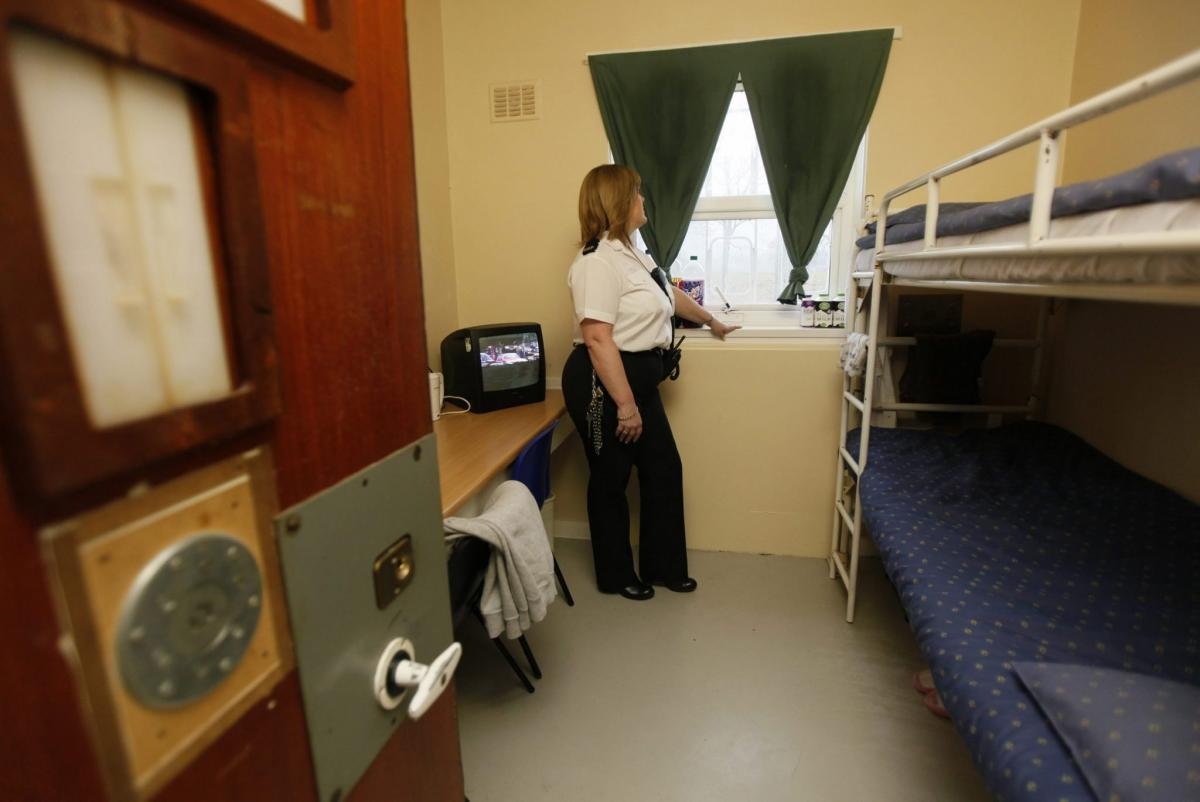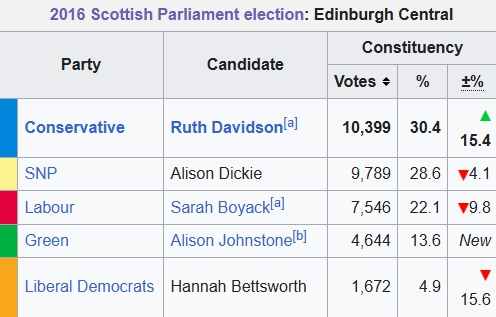A SCENT OF SCOTLAND
Another excellent guest article from my friend Peter Young in Denmark. A Scent of Scotland October 31st and I’m cycling in North Sjaelland. The mix of autumn chill and burning wood stoves evokes one of those scent memories. Across the decades ma auld Glesga maw appears in my mind’s eye. Perhaps appropriate on ‘Samhain’, ourContinue reading "A SCENT OF SCOTLAND"
Another excellent guest article from my friend Peter Young in Denmark.
A Scent of Scotland

October 31st and I’m cycling in North Sjaelland. The mix of autumn chill and burning wood stoves evokes one of those scent memories. Across the decades ma auld Glesga maw appears in my mind’s eye. Perhaps appropriate on ‘Samhain’, our day of the dead.
The mental image of ma maw conjured up was at Meadowpark. This was a ‘hut park’ on the Ayrshire coast just outside Irvine on the Troon road. I say hut, but it was a railway carriage, minus the wheels, with a kind of lean-to wooden section added as the kitchen.
Meadowpark was seriously off-grid, Sixties style. There were old spirit lamps for lighting and a wood stove for heating. The site had one small ‘shop’ and a sprawl of individual huts that looked as though they’d been made from random pieces of wood and roofing. No particular plan or design was apparent to my child’s eye.
Back in 1964, Meadowpark was a kind of ‘retreat’ for Kathy, ma maw. I only knew my mother as ‘maw’ or ‘mammy’ but Kathy is what she was called by her work colleagues at the Glen Dairies in Dennistoun. She was a working mother. In fact, I never knew a time when she wasn’t working. Perhaps all those trips to the sombre Clydesdale Bank on the corner of Whitevale Street, with me in tow, were to make the deposits that financed our wheel-less railway carriage south of Irvine?
Almost sixty years since Meadowpark, I’m cycling to a wee seaside town on another coast to get the sea air. A mother’s son indeed.
Kathy was brought up in the Calton of the 1920s. Like my late da, her childhood was a closed book, to me at least. I now know it was a mechanism for burying painful memories. In fact it was only after the death of my parents that I learned anything about their private histories. Their silences turned out to conceal tragedy, poverty, and regret.
Ma maw was born at the beginning of Glasgow’s famous uprising in January 1919. That was when Scottish soldiers at Maryhill barracks were stood down during the general strike. Apparently, these veterans of the Great War were not trusted to obey orders. Dublin 1916 was, after all, fresh in the memory of the British establishment.

Reports from the time suggest that Westminster chose to use young and inexperienced English troops “who were ignorant of the situation”. It’s hard to believe that when my mother was less than a week old “howitzers were positioned in the City Chambers”, and the cattle market “was transformed into a tank depot”. Machine guns on the top of hotels and the main post office were evidence that the Irish uprising of 1916, and the Bolshevik revolution of 1917, had given the British establishment a severe case of the screamin’ heebie jeebies.
By contrast, here in Denmark, the 1920s was a time of peaceful social change. As an independent nation, Denmark, unlike Scotland, had not followed its larger southern neighbour into the Great War. This was despite the fact that the Danish royal family had links to the royal houses of Europe who faced off in the conflict. During the entire 1914-18 war Denmark remained a non-belligerent. Consequently, the nation did not lose a generation of its young men, and the government in Copenhagen was not facing financial ruin. The country managed to cope with the post-war crisis years a lot better than so many others.
In contrast to the land of my birth, it’s rare to find a memorial to the fallen of the Great War in Denmark. There were some casualties, of course, mostly seamen caught up in the catastrophe through no fault of their own. There were also soldiers conscripted from the Danish-speaking minority in Schleswig-Holstein. They ended up in German uniforms even though their heritage, language and culture was Danish.
By remaining neutral, though, Denmark quite literally ‘dodged the bullet’. The crushing economic consequences affecting much of post-1918 Europe were avoided by the Danes.
Poverty of course, was only too real in Glasgow and across Scotland. That poverty was not only the after-effects of the Great War, but the result of the nation’s resources being channelled to Westminster as never before. Revenue from Scotland in 1919 was £92,307,500, but of that only £19,527,500 was ‘expenditure in Scotland’. After losing a generation of our brightest and best – sacrificed in the Great War – the economic product of our nation’s toil and sweat was transferred to London, most of it never to benefit the Scottish people. This continued as it had for decades previously. In 1920 only 26% of Scottish revenue was spent in Scotland and in 1921, just 27%.
Little wonder then, that the genealogical records of both my parents contain tales of poverty, infant mortality, and avoidable human tragedy. Even less surprising is it to find that London stopped publishing the figures that revealed how Scotland was, effectively, having two thirds of its national income withheld by London to be spent on ‘Imperial Services’.
The excellent Phantom Power Twitter account posted a short video recently about Scotland’s status in the Union. If we were an independent nation now, we’d never vote to accept its financial terms, or to embrace the political emasculation that sees us unable to represent our country on the international stage, or even to issue Scottish citizenship to our own people.

It’s a lovely morning now. Cycling down the coast I end up at Anton’s bakery in Nivaa. It opened a few years ago and seems to be thriving. Sitting outside with my coffee I hear quietly spoken Danes conversing. Untroubled voices, light-hearted banter. They really are a happy people. However, another part of their national character is a no-nonsense pragmatism. Politicians of all parties come under intense scrutiny, especially in the press. The current unquestioning, cult-like adoration of Scotland’s flawed and failing First Minister by party activists, and some media, simply wouldn’t wash here.
Even popular Prime Minister Mette Frederiksen has fallen from grace over issues during Covid. In Jutland she’s now called ‘Mette Mink’, a reference to the virtual wiping out of mink farms due to fears about a virulent strain of the Covid virus among the captive mink population. She is also referred to in the media, rather disparagingly, with the rhyming phrase ‘Slette Mette’ – a reference to her deletion of emails. These emails would have cast light on what happened during the hugely controversial mink crisis.
Voices critical of the otherwise likeable PM are getting louder. We’re a long way from cult-of-personality politics here.
The Danes’ healthy political scepticism fosters quite a bit of humour. Talking to a friend about the local elections, and in particular our Lord Provost, he immediately quipped, “We call him a ‘lens louse’, you know.” Apparently, a lens louse, or ‘linselus’ in Danish, is a person who is always trying to appear in press photos and TV news reports – a narcissistic, photo-op fixated, ‘look at me’ type of politician. I can’t think who this reminded me of.
Anton’s make a rather nice cappuccino. Lots of cyclists are arriving for a pit stop. They’re all kitted out in lycra and not one of them appears to be under 70. They are what Danes call ‘et livsbekraeftende syn’ – a positive life-affirming sight.
Heading back along the coast, the Sound between Denmark and Sweden is calm. Kathy would have liked this place.
MY COMMENTS
Readers may remember the excellent article from Pete recently when he outlined how Scotland’s lack of progress on Independence had convinced him to take out Danish citizenship and he explained the process he had to follow and why Danes and other small nations have strict control over who can vote on constitutional matters. Here he contrasts the benefits of not being dragged into WW1 and having the ability, through Independence, of controlling your own resources. there is much for Scots to learn here. Pete also runs the excellent Scotnews website on Twitter.
I am, as always
YOURS FOR SCOTLAND
BEAT THE CENSORS
Unfortunately a number of pro Indy sites have turned out to be merely pro SNP sites and have blocked a number of bloggers, including myself. We have managed to frustrate these efforts to close us down through our readers sharing our articles and building our audience.Sharing is very important and helps the Independence message to reach a much wider audience. In addition many have taken out free direct subscriptions. I very much appreciate this support.
Free Subscriptions
Are available on the Home and Blog pages of this website. By taking out a subscription you will receive notification of all future posts. You will be most welcome.
What's Your Reaction?










































